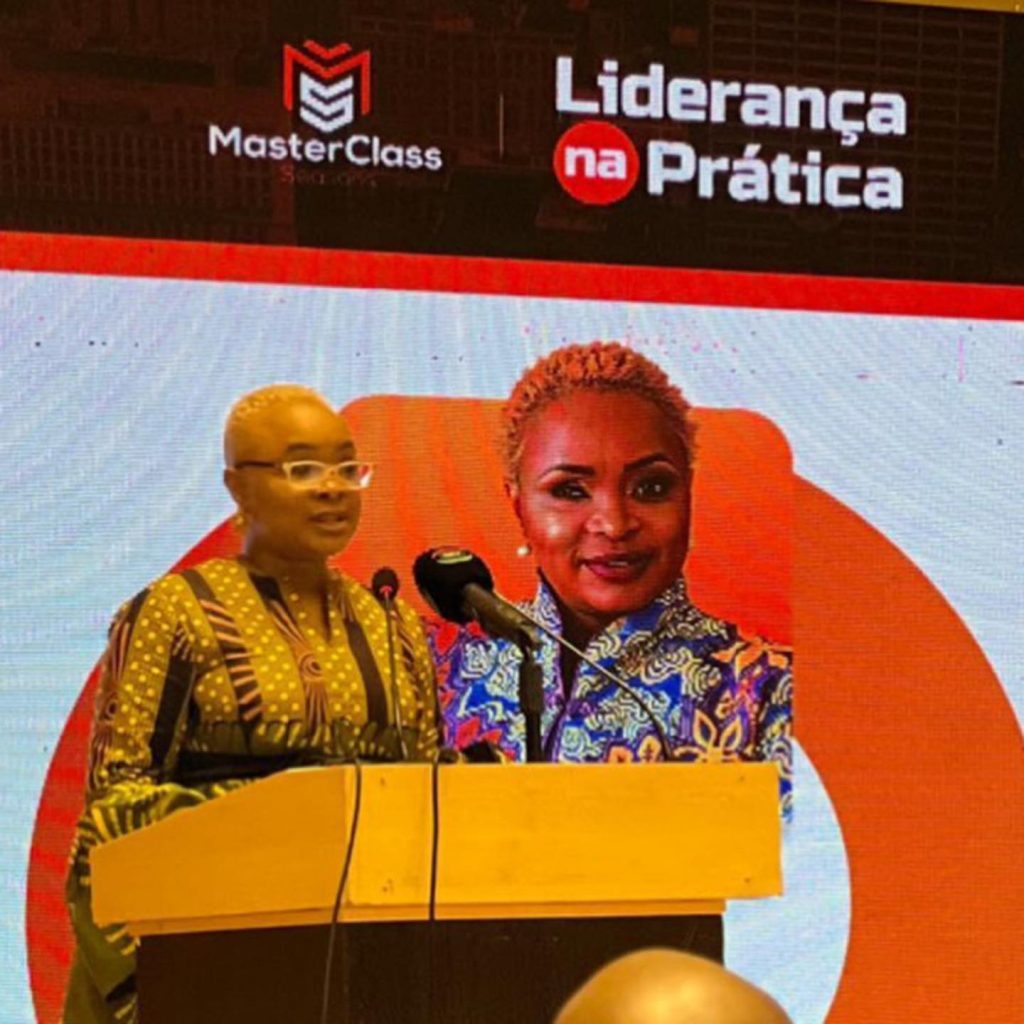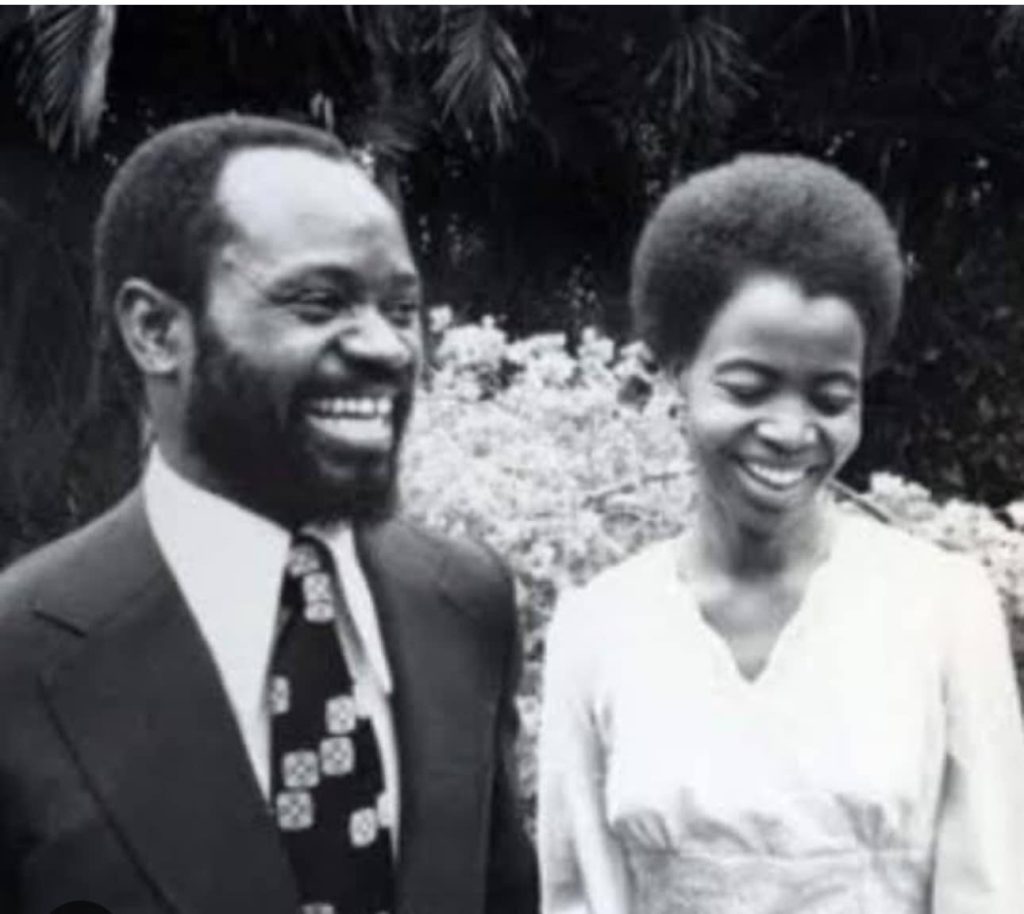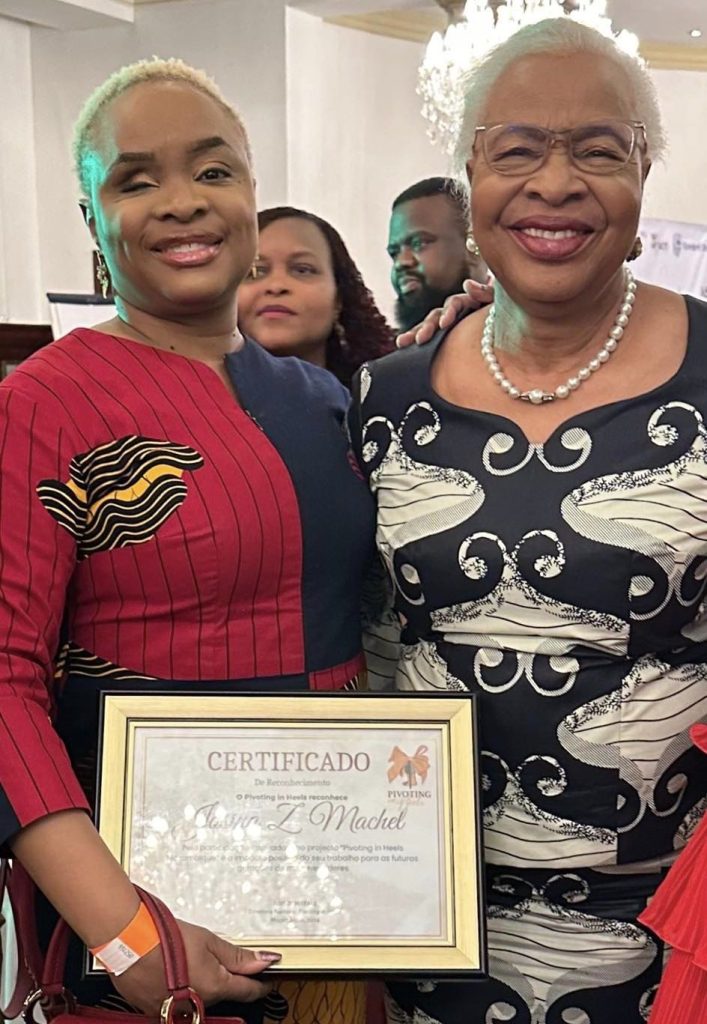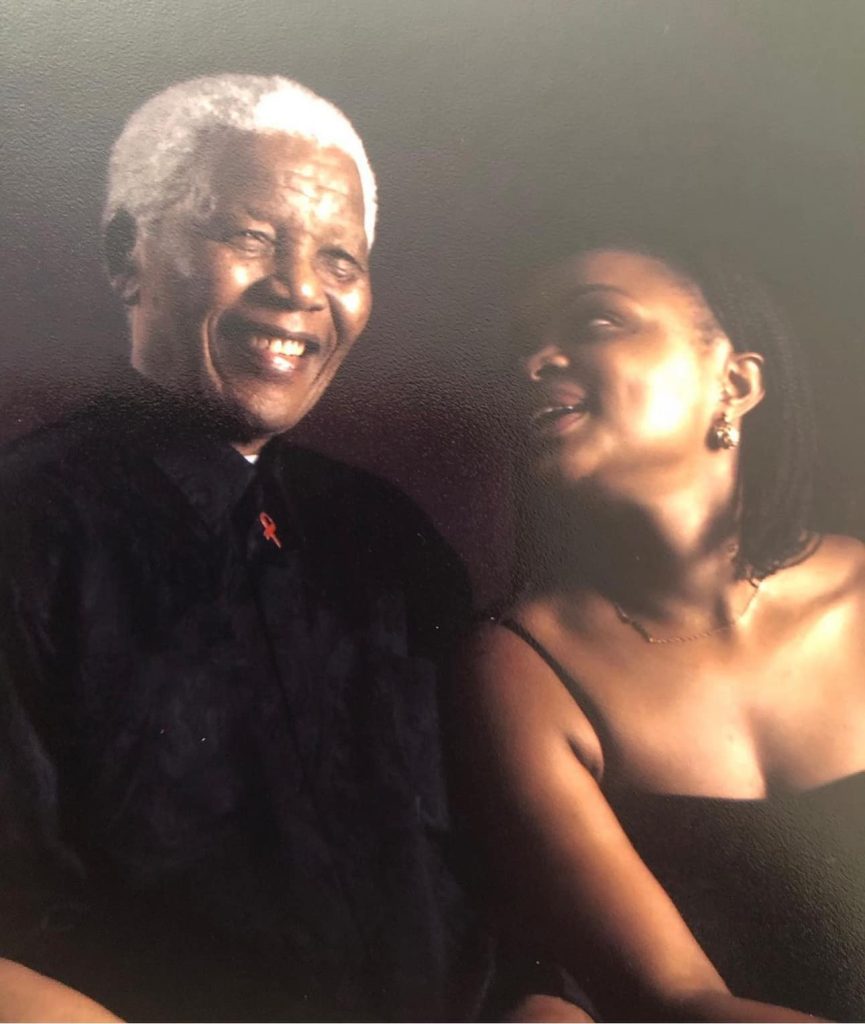
Josina Z. Machel has long been recognized as a powerful human rights defender, born into a legacy of activism as the daughter of Graça and Samora Machel, and stepdaughter of Nelson Mandela. Her life’s calling has always been to advance women’s rights, but a personal tragedy in 2015 reshaped her activism and deepened her commitment to fighting for the rights of abused women.
In October 2015, Machel was brutally assaulted by her then-partner, Rofino Licuco, an attack that left her blind in her right eye. This traumatic experience became a turning point, propelling her to become a voice for survivors of domestic violence who, like her, have faced brutality and been silenced. Josina turned her personal trauma into purpose, founding the Kuhluka Movement to create safe havens for survivors of violence and to drive social change on gender-based issues across Southern Africa.



Machel is also the co-founder of the Her-Life project, which offers critical support services for women in emergency situations. Her extensive work includes serving on several international boards, such as the Graça Machel Trust, the ABC Atlas Mara in Mozambique, the Emerald Group, and the Zizile Institute for Child Development. She is also a director at the Samora Machel Documentation Centre. Her relentless advocacy has earned her numerous awards, recognizing her significant contributions to the fight against gender-based violence.
Despite the physical and emotional toll of the attack, Josina remains steadfast in her pursuit of justice. Following the assault, Josina faced a protracted legal battle against Licuco. In 2017, the Maputo City Court found Licuco guilty of domestic violence, sentencing him to three years and four months in prison with the option of a five-year suspension if he paid R66 million in damages. However, Licuco appealed the verdict, and in June 2020, the Appeals Court overturned the conviction, citing a lack of witnesses and dismissing critical evidence, including Licuco’s written confession.



Reflecting on the court’s decision, Machel expressed concern for the countless women who might feel discouraged from seeking justice because of her experience. “I cannot imagine how many women have been thinking to themselves, ‘Why should I go and report, if that’s what’s happened to Josina?’” she said. Yet, this setback only strengthened her resolve. “If that’s the decision of the Appeals Court, let’s go higher. Let’s inform them, even if I don’t win, the point has been made. It’s to demonstrate what victims go through. And so, we have to continue rising.”
Josina Z. Machel continues her fight not just for her own justice, but for the countless silent voices of women who suffer in the shadows. Her work, deeply rooted in her legacy and personal journey, serves as a beacon of hope and resilience for all women striving to reclaim their lives and dignity in the face of violence.


